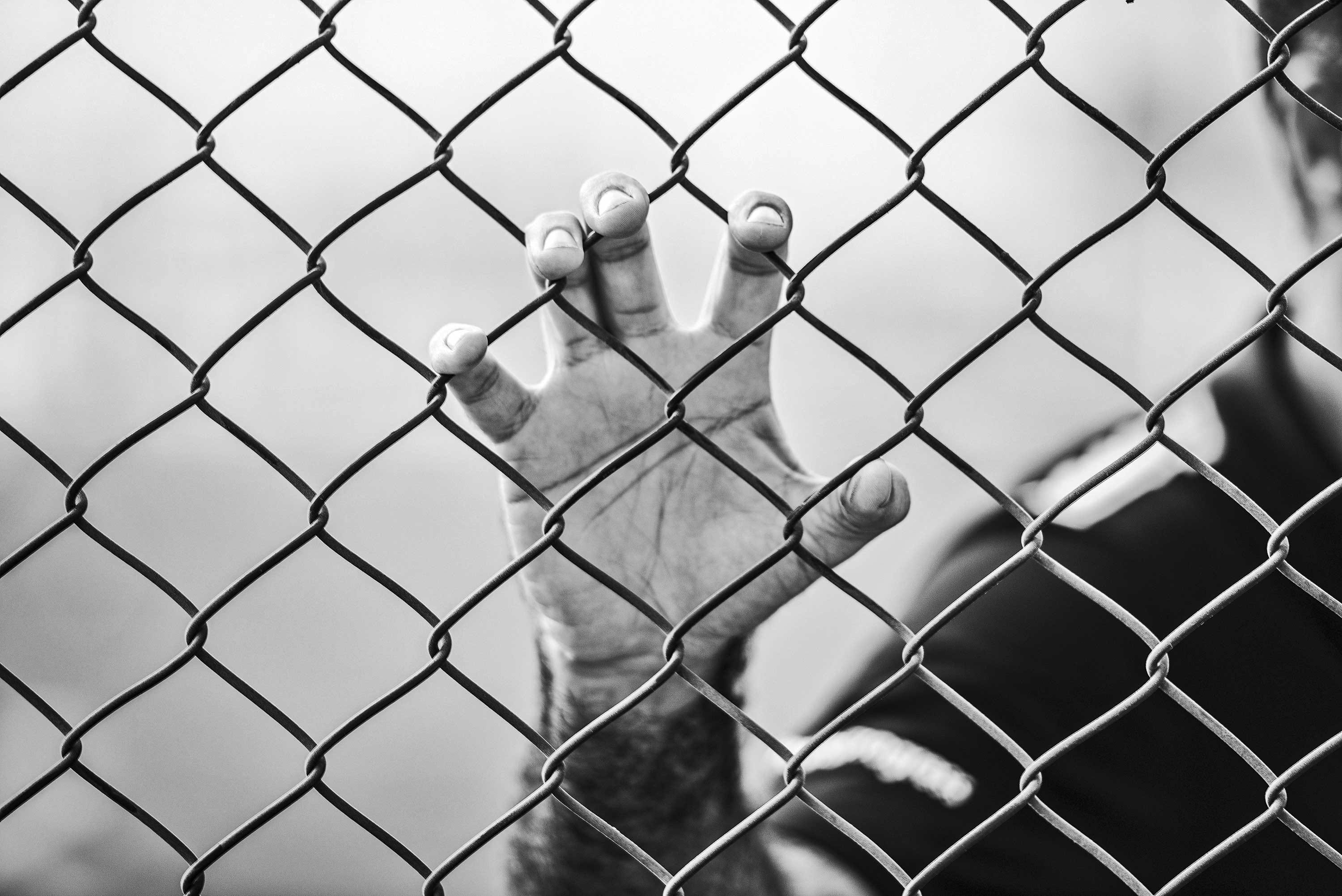
In Discipline and Punish, Michel Foucault identifies penal institutions as important sites of modernity. In Western societies, he argues, the prison has become a place where social discipline is enforced and economic productivity is sustained. With around 1.8 million incarcerated people in the United States as of 2024, this course recognizes the need for an in-depth exploration of the social, cultural, racial, and gender dynamics of captivity, enslavement, incarceration, and liberation throughout American history.
Through the lens of captivity narratives, we will explore how accounts such as Mary Rowlandson’s shaped the perception of indigenous peoples in early American literature. Retracing the experiences documented in slave narratives, notably those recorded by Frederick Douglass and Harriet Jacobs, the seminar retraces the harrowing realities of black slavery. Based on these enduring historical legacies, contemporary struggles for freedom by African American communities will be addressed through such lenses as moral panic concerning black delinquency, stop-and-frisk policies, mass incarceration, and the racialized logics of the prison-industrial complex.
Further seminar topics include Asian-American internment camps during World War 2, present-day immigrant detention centers at the US-Mexico border, narratives of white victimhood, challenges faced by LGBTQ+ individuals in captivity, as well as fantasies of prison break and escape. Finally, based on philosopher-activist Angela Davis’ assertion that “[p]risons do not disappear social problems, they disappear human beings,” we will engage with current voices for prison reform.
- Trainer/in: WöllSteffen Adrian